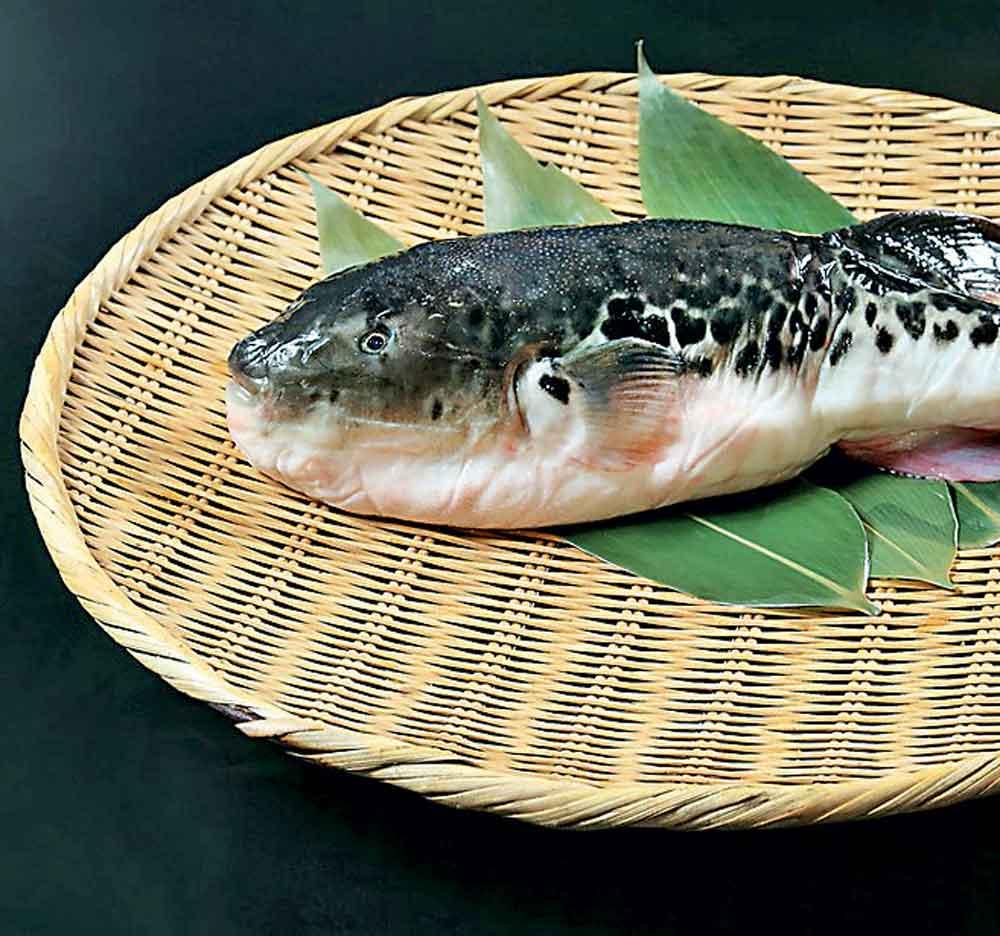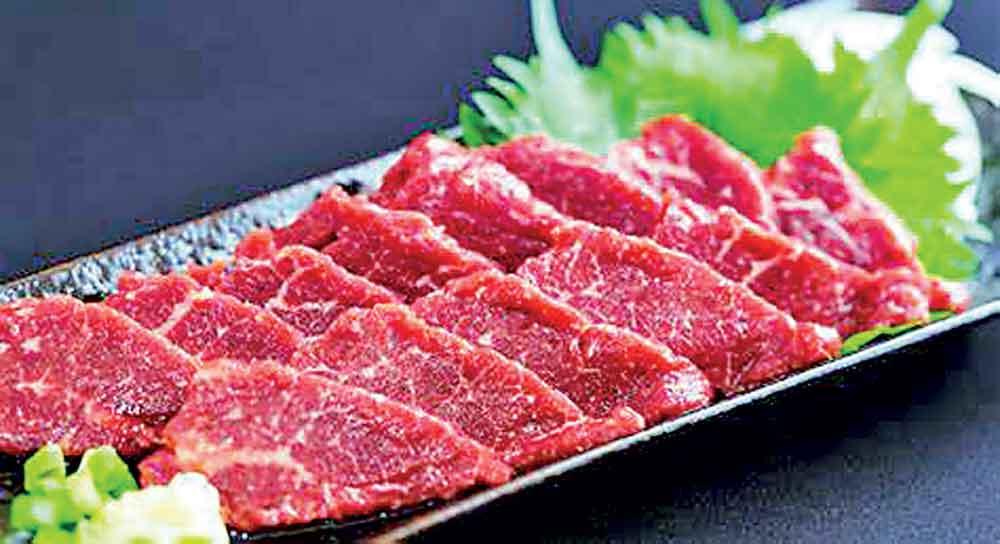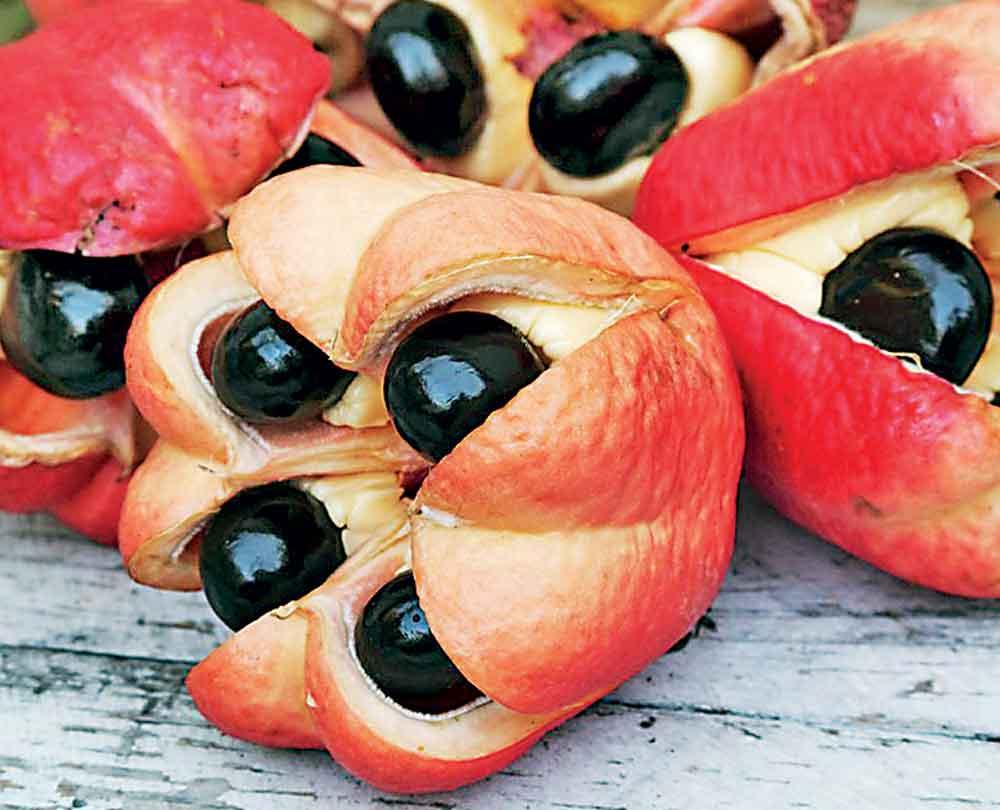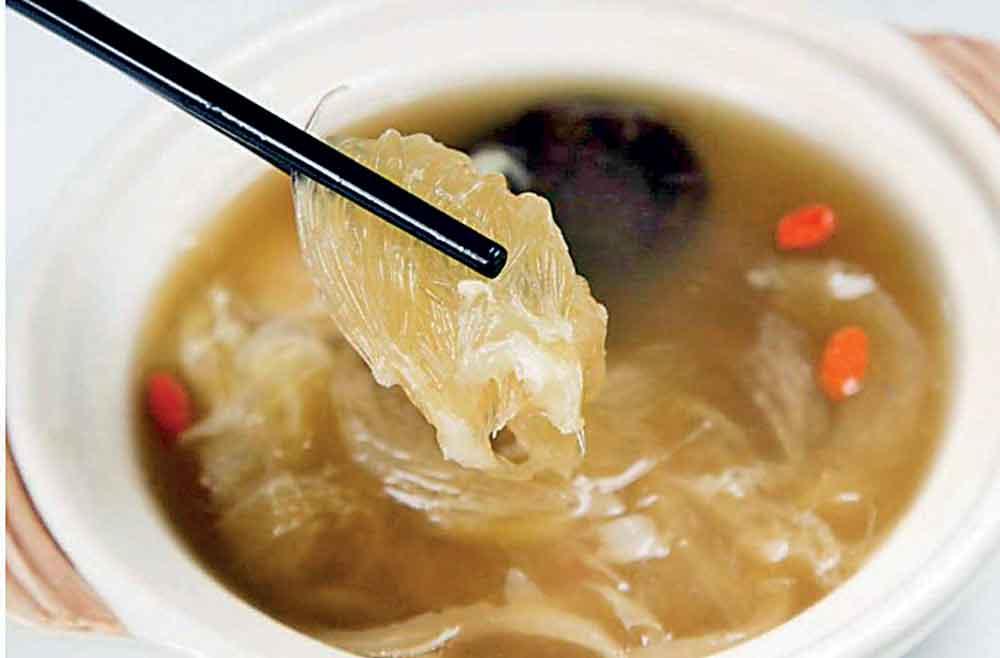Food isn’t just fuel. It’s culture, identity, memory, and sometimes, scandal. As global cuisine becomes more accessible, you might be surprised to learn that some dishes are deemed too dangerous, too unethical, or just too bizarre to be legal in certain countries. From maggot-infested cheese to eggs with surprises that aren’t always welcome, here’s a tour of foods banned around the world, and the juicy (or terrifying) reasons behind those bans.
Kinder Surprise
Kinder Surprise eggs are adored across Europe: smooth chocolate on the outside, a tiny toy treasure within. But in the United States, they’re considered a choking hazard. Federal law prohibits embedding non-edible items inside edible ones, especially when children are involved.
- Banned in: United States
- Reason: The toy inside poses a choking risk.

Haggis: A Scottish Tradition
Scotland’s beloved national dish, haggis, is made with sheep’s heart, liver, and lungs, blended with oats and spices, and traditionally cooked inside a sheep’s stomach. The FDA, however, draws the line at sheep lung.
- Banned in: United States
- Reason: Sheep lung is not permitted in food products.

Fugu: The Fish That Might Kill You
Fugu, or pufferfish, is a high-stakes delicacy in Japan, revered for its delicate flavor and dangerous toxin. If not prepared correctly, it can cause paralysis or death. In countries where culinary risk isn’t welcome, it’s simply not allowed.
- Banned in: Several countries, including parts of the EU
- Reason: Contains lethal tetrodotoxin if improperly prepared.

Casu Marzu: The Cheese That Moves
Casu marzu, a Sardinian cheese, takes fermentation to a new level, by inviting live maggots into the mix. While locals insist it’s a delicacy, food safety regulators across the EU say otherwise.
- Banned in: European Union
- Reason: Health risks due to live insect larvae.

Raw Milk
For some, raw, unpasteurized milk is the holy grail of health, pure, natural, and packed with benefits that modern processes strip away. But health experts aren’t as sold on the idea. They’re more concerned about the potential dangers of harmful bacteria like E. coli, Listeria, and Salmonella. With these risks in mind, many places have decided to play it safe, banning raw milk to protect public health, even if it means saying goodbye to that glass of farm-fresh goodness.
- Banned in: Canada, many U.S. states
- Reason: Risk of foodborne illness.

Foie Gras
Foie gras, the buttery-rich liver of force-fed ducks or geese, is banned in regions where animal rights campaigns have influenced policy. Production is considered inhumane by many, though the dish remains a staple in haute cuisine.
- Banned in: India, UK (production), California, New York City
- Reason: Ethical concerns about animal cruelty.

Horse Meat
In countries like France and Kazakhstan, horse meat is a delicacy. But in the United States and the United Kingdom, it’s widely taboo. While not entirely illegal to eat, slaughtering horses for meat is banned in the U.S., making it inaccessible.
- Banned in: United States (slaughter), socially in the UK
- Reason: Ethical and cultural taboos.

Sassafras
Sassafras was once a beloved flavor in traditional root beer. But when researchers linked safrole, the key compound, to liver damage and cancer in lab animals, the FDA outlawed its use in food and drink.
- Banned in: United States (as a food additive)
- Reason: Contains safrole, a potential carcinogen.

Ackee Fruit
Native to Jamaica, ackee is both the national fruit and a culinary minefield. When unripe, the fruit contains toxins that can induce severe vomiting, seizures, or even death. Only carefully prepared, ripe ackee is considered safe to eat.
- Banned in: United States (fresh fruit restricted), European Union
- Reason: Toxic when unripe.

Shark Fin
Once a symbol of status in Chinese cuisine, shark fin soup is increasingly viewed as a symbol of ecological harm. The practice of finning; removing a shark’s fins and discarding the body, has led many countries to ban its sale or import.
- Banned in: United States, Canada, UK, EU, Australia
- Reason: Unsustainable and cruel harvesting practices.

What’s legal on one continent might be banned on another. Some bans are rooted in science and safety, others in ethics or cultural sensitivities. But all of them reveal something deeper, that food isn’t just about taste. It’s about who we are, what we value, and how far we’re willing to go for flavor. So, the next time you’re abroad and tempted by a “local specialty,” it might be worth asking “can I eat this legally? And should I?”











